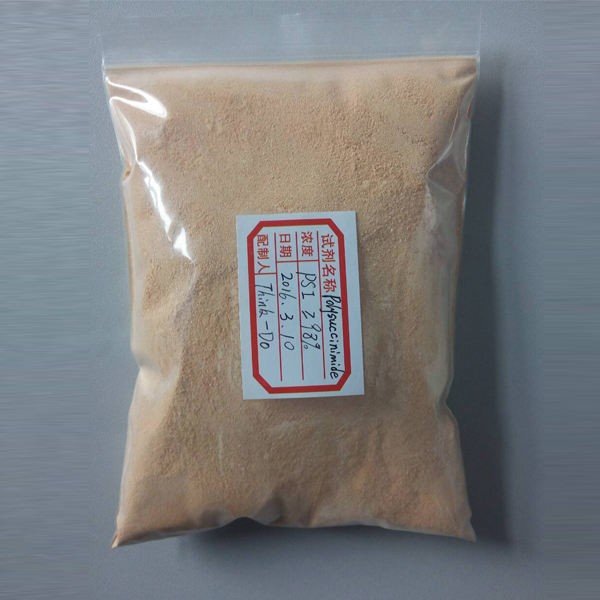
News
Ogo . 10, 2024 14:35 Back to list
Manufacturers of EDTA Chelated Micronutrients for Enhanced Nutrient Availability in Agriculture
The Importance of EDTA Chelated Micronutrients in Agriculture
In the world of agriculture, the health of soil and plants is fundamentally linked to the availability of micronutrients. Micronutrients, although required in minute quantities, play a pivotal role in plant growth, development, and productivity. Among the various forms of micronutrients available today, EDTA chelated micronutrients have emerged as a paramount choice for farmers and agronomists. This article explores the importance of EDTA chelated micronutrients, their manufacturing process, and their benefits for crop health.
Understanding Chelation and EDTA
Chelation is a process where a metallic ion is bonded to an organic molecule, forming a complex that enhances the solubility and bioavailability of the nutrient. EDTA, or ethylenediaminetetraacetic acid, is a versatile chelating agent widely used to make micronutrients more accessible to plants. By binding to essential elements like iron, zinc, manganese, and copper, EDTA forms a stable complex that prevents these micronutrients from becoming unavailable due to soil pH changes, which is particularly important in alkaline soils.
Manufacturing EDTA Chelated Micronutrients
EDTA chelated micronutrients are produced in specialized factories that focus on adhering to strict agricultural standards and protocols. The manufacturing process involves combining the micronutrient salts with EDTA in a controlled environment. This ensures a uniform distribution of the chelated complex, which enhances its performance when applied to soil or sprayed on plants. Quality control measures are essential throughout the production process to guarantee that each batch meets the required specifications, ensuring efficacy and safety for agricultural use.
Benefits of EDTA Chelated Micronutrients
edta chelated micronutrients factory

1. Enhanced Nutrient Availability The primary advantage of using EDTA chelated micronutrients is their increased solubility. In comparison to non-chelated forms, EDTA forms a stable complex that remains soluble in a wide range of pH levels, thus ensuring that plants can readily absorb the essential elements they need for growth.
2. Resistance to Soil Imbalances Soils can often be imbalanced due to various factors including the application of lime or fertilizers, which can alter pH levels. EDTA chelated micronutrients help combat these fluctuations, making nutrients more accessible even when conditions are not ideal.
3. Improved Plant Health and Yield The presence of essential micronutrients, facilitated by EDTA chelation, directly correlates to improved plant health. Plants that receive adequate nutrition show increased resilience to diseases, pests, and environmental stressors, leading to enhanced growth rates and agricultural yields.
4. Sustainable Agriculture In a time when sustainable farming practices are desperately needed, the use of EDTA chelated micronutrients can contribute to more efficient nutrient management. By maximizing the availability of micronutrients, farmers can reduce the frequency and volume of fertilizer applications, decreasing input costs while minimizing environmental impact.
5. Versatility of Application EDTA chelated micronutrients can be applied through various methods, including foliar sprays and soil applications. This versatility allows farmers to tailor approaches to their specific crop needs and environmental conditions, ensuring optimal uptake.
Conclusion
In conclusion, EDTA chelated micronutrients represent a crucial development in agricultural practices. The manufacturing processes that produce these finely-tuned nutrients are essential in meeting the challenges posed by modern farming. With their numerous benefits—enhanced nutrient availability, soil imbalance resistance, improved plant health, contributions to sustainability, and versatile application methods—EDTA chelated micronutrients are an invaluable asset in the quest for higher yields and healthier crops. Their continued use and research will undoubtedly play a significant role in fulfilling the nutritional needs of the world's growing population.
-
Polyaspartic Acid Salts in Agricultural Fertilizers: A Sustainable Solution
NewsJul.21,2025
-
OEM Chelating Agent Preservative Supplier & Manufacturer High-Quality Customized Solutions
NewsJul.08,2025
-
OEM Potassium Chelating Agent Manufacturer - Custom Potassium Oxalate & Citrate Solutions
NewsJul.08,2025
-
OEM Pentasodium DTPA Chelating Agent Supplier & Manufacturer High Purity & Cost-Effective Solutions
NewsJul.08,2025
-
High-Efficiency Chelated Trace Elements Fertilizer Bulk Supplier & Manufacturer Quotes
NewsJul.07,2025
-
High Quality K Formation for a Chelating Agent – Reliable Manufacturer & Supplier
NewsJul.07,2025
